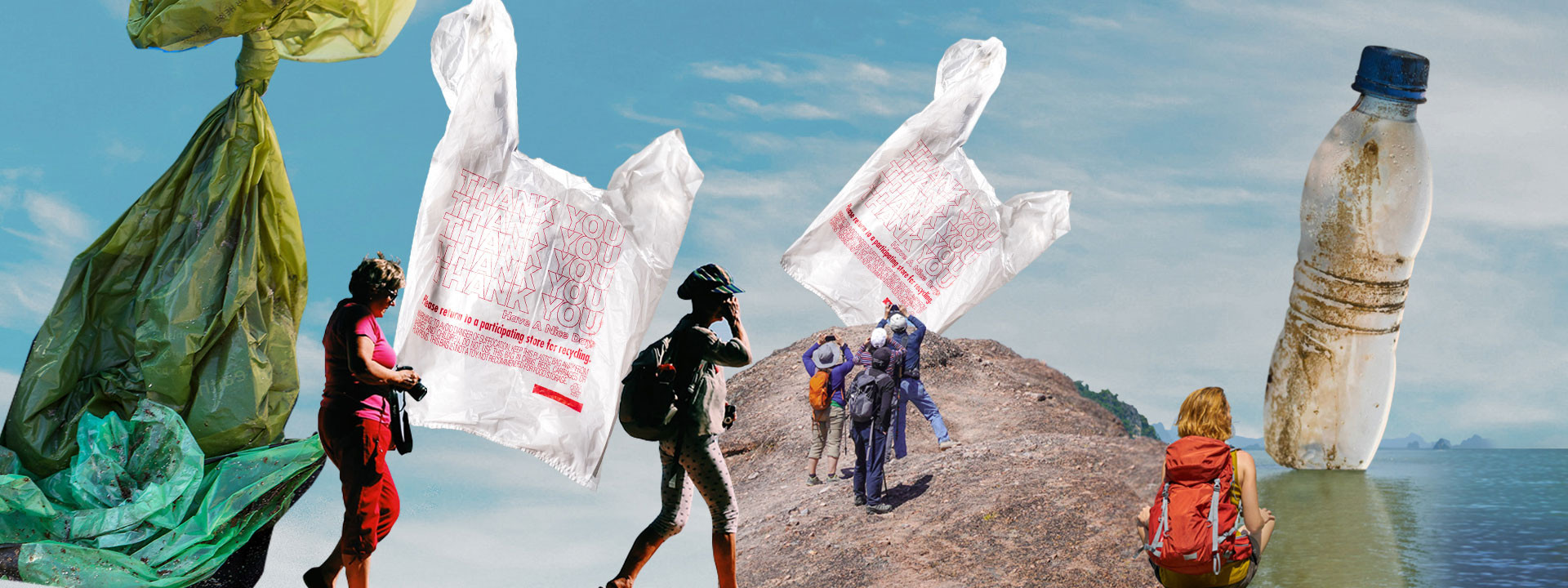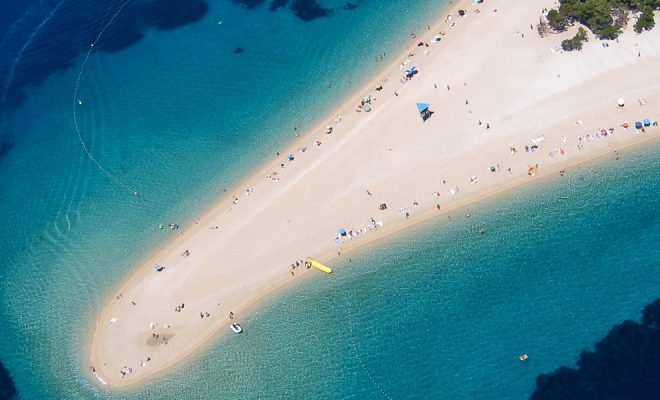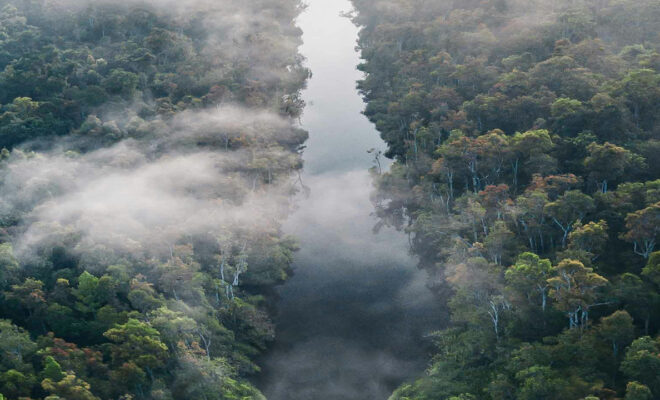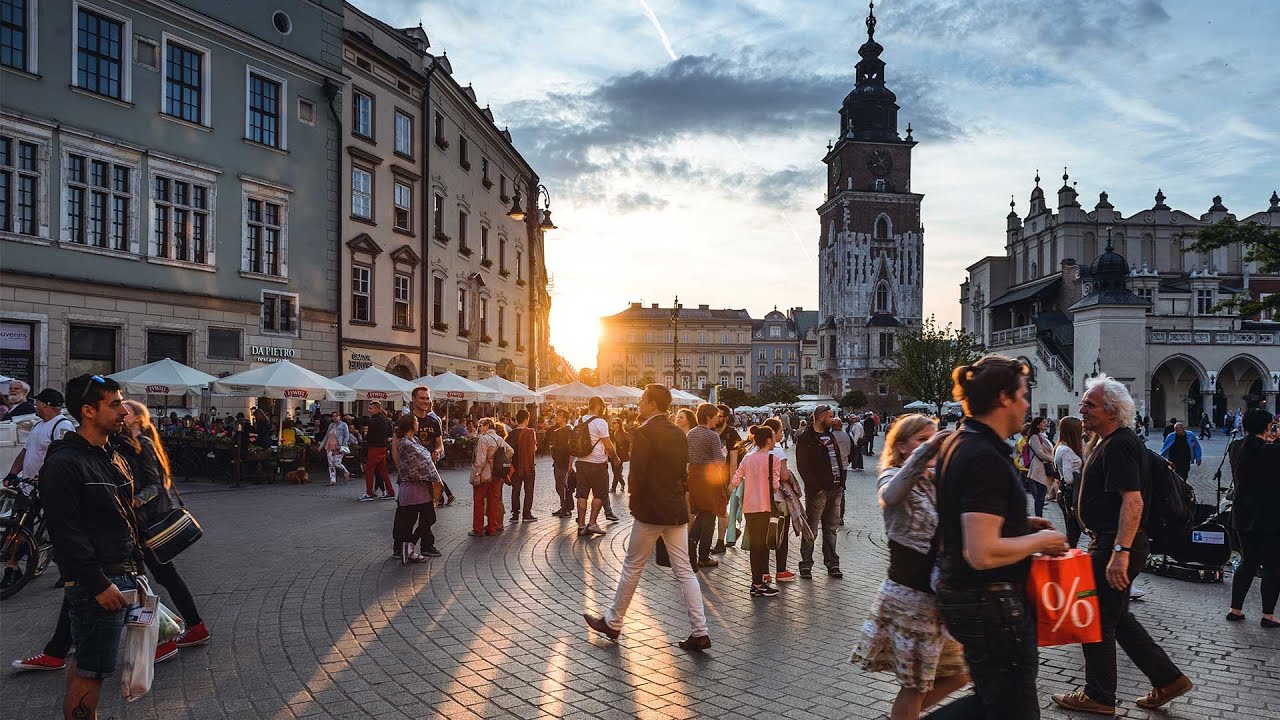
Covid-19 has caused an exceptionally severe crisis in the international tourism sector. Still, it has increased its role as one of the significant drivers needed to achieve the SDGs at a global level. In the aftermath of the pandemic, António Guterres, Secretary-General of the United Nations, recalled: “Tourism employs one in ten people on Earth and provides livelihoods for hundreds of millions. It is an essential factor in the distribution of wealth.”
The industry reacted quickly to the disaster. In May 2020, as the world began to glimpse the end of lockdown, the World Tourism Organization (UNWTO) launched the One Planet Vision for the Responsible Recovery of the Tourism Sector, a roadmap for advancing SDG implementation through sustainable tourism.
Zurab Pololikashvili, UNWTO Secretary-General, announced the report, stating clear objectives: “This crisis allows us to rethink what the tourism sector and its contribution to people and the planet should look like. In its reconstruction, we have the opportunity to achieve more sustainable, inclusive, and resilient tourism, and for the benefits obtained to be shared fairly around the world.”
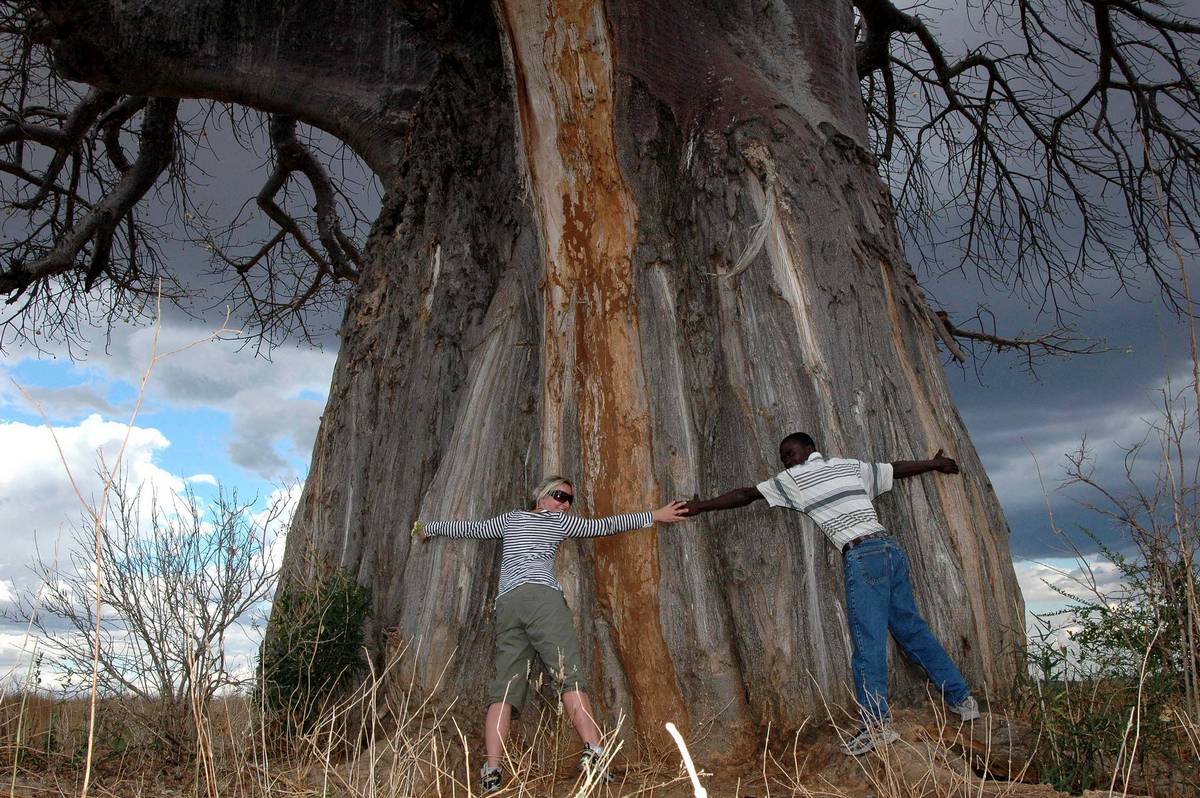
New tourism should lead to a far-reaching development model that will be a benchmark of sustainability in our way of living on Earth. © Baobab, Tanzania. World Tourism Organization
Sustainability is already an incentive in the new marketplace
Sustainability is no longer an ethical requirement; it is an increasingly demanded and attractive value for guests, which makes it a high-value asset in any offer. Moreover, sustainable tourism shows a growth model that can be applied to activities whose incorporation into the green economy is an unavoidable social and environmental demand. Urban planning, architecture, and sports activities, a few disciplines that share many similarities with the tourism industry, have already opted for development aimed at drastically reducing water and energy consumption, respecting the environment, recovering biodiversity, and guaranteeing social inclusion.
During the lockdown, the withdrawal of humans from urban spaces showed us the pressure we are exerting on the natural environment. The term “environment” was revealed to us with a new meaning: we became more aware of how we are invading it and how our current way of life degrades it. And in the wake of the pandemic, awareness of the urgency of acting to mitigate climate change and the need to design adaptation strategies has intensified. The impact of the AR6 last August and the conclusions of the COP 26 in Glasgow have increased awareness levels among the population, and this is a factor that is influencing the tourism business.
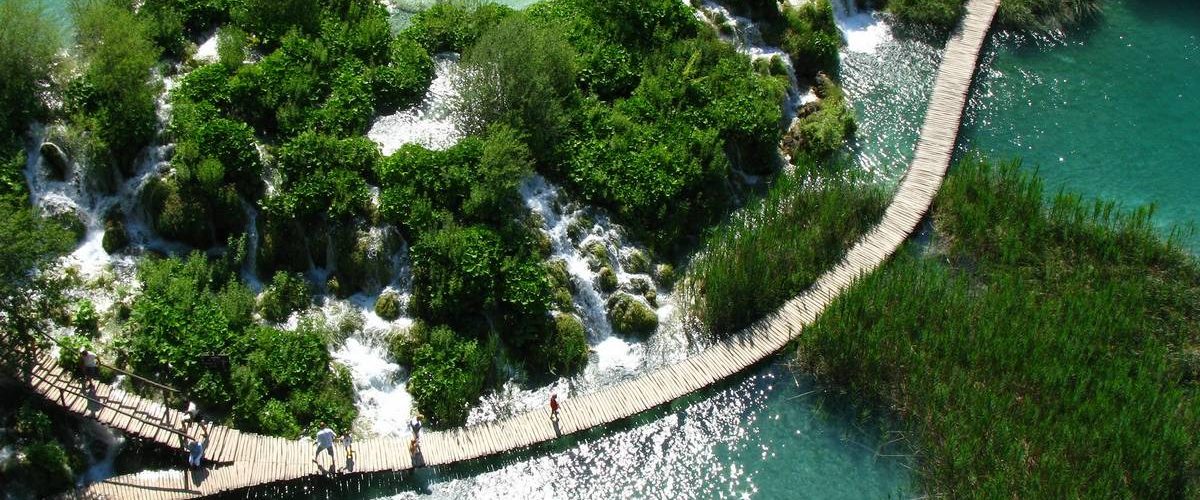
Sustainable tourism destinations have become a benchmark for consumers.©World Tourism Organization (UNWTO)
Last May, in Palma de Mallorca, one of Europe’s tourism capitals, the EFE Agency and the European Parliament organized a meeting of the “CoFoE Conversations” project to bring the debate on the EU’s future challenges to Spanish communities. Focusing this time on the development of sustainable tourism, the discussion brought together MEPs and tourism entrepreneurs, who stressed that most tourists have internalized the significant environmental impact they generate and are much more critical and demanding of the responsibility of hoteliers in this regard.
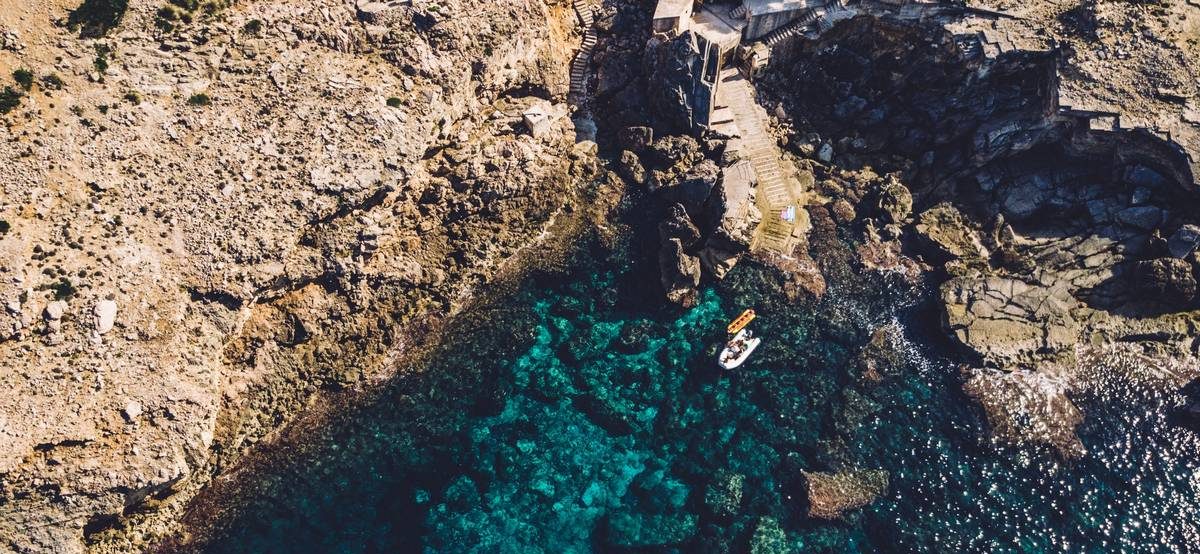
Sustainability is no longer an ethical requirement; it is an increasingly demanded and attractive value for guests. © Unleashed Agency unsplash
Sustainable tourist destinations have become a benchmark for consumers. This is excellent news that was already evident before the pandemic. In our case, the success of the “Let’s Make a Deal” project is symptomatic and encouraging. The initiative, developed in the 2018 tourism season with Diamond Resorts, managed to save millions of liters of water, more than half a ton of plastic from packaging and cups, and raise guests’ awareness of the importance of sustainable practices and, above all, turn them into communication agents in their homes. Securing donations for our aid projects in India, Guatemala, and Indonesia demonstrated customer satisfaction and constituted an achievement that might have seemed unrealistic just a few years ago. It was a revealing experience of the role of the tourist destination as an influential factor in raising awareness of the importance of sustainability in water use and an example that sustainability is a determining factor in the new market that has just begun.
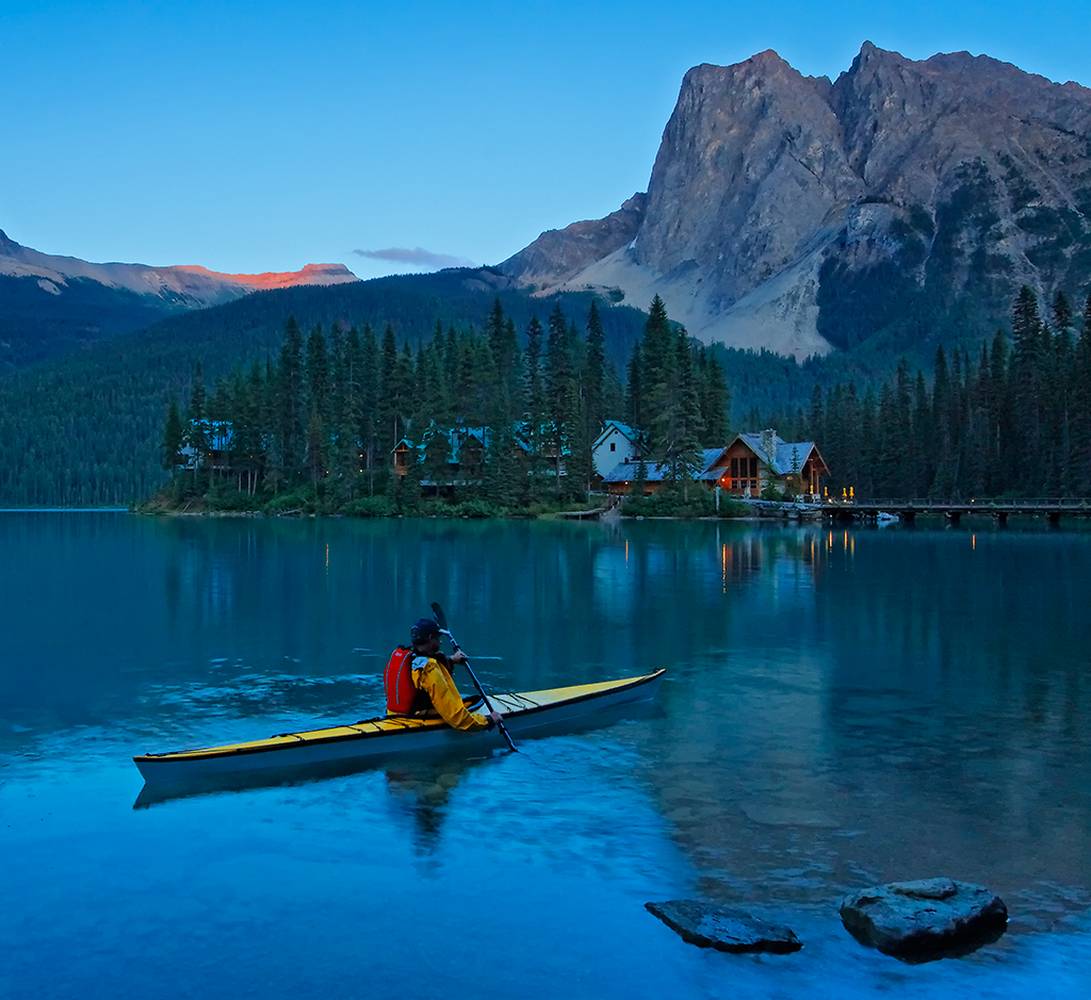
Beyond reducing water and carbon footprints to a minimum, global tourism must advance in the cross-cutting communication of environmental and cultural respect. ©World Tourism Organization (UNWTO)
Beyond water and energy, social responsibility
High water consumption has always been the main yardstick for measuring the environmental impact of tourism and, in most cases, it is associated with high electricity consumption. Tourism absorbs 1% of the world’s water consumption. Although it may not seem much, this proportion becomes stressful in areas where the quintessential mass tourist attraction, “sun and beach,” is often correlated with “drought and environmental vulnerability.” In already water-stressed regions, it is categorically unsustainable that a family, which consumes an average of 120 liters per day at home, can reach 2,000 liters per day, and in some cases, up to 3,423 liters in regions located in the tropical belt.
Reducing consumption is essential, but so is investing in new technologies for recycling and reusing water, rainwater harvesting, and the generation of renewable energies. In this sense, the new projects of sustainable resorts are becoming a technological benchmark which includes the detailed study of the native flora and the ecological balance of the area in which the facilities are built; a real “green economy” model at scale to face the uncertainty of the climate crisis.
Another essential factor in designing this new sustainable tourism industry is sociocultural inclusiveness, the promotion of fair trade, gender equality, and the incorporation of social purpose as a differential value. Beyond reducing water and carbon footprints to a minimum, global tourism must advance in the cross-cutting communication of environmental and cultural respect. New guests are the most solid hope for a solution.


